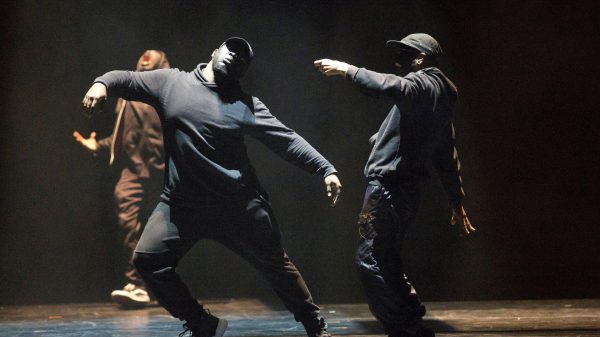Superstar Mariah Carey has revealed that she was first diagnosed with Bipolar II Disorder in 2001, after being hospitalised for physical and mental breakdown. After battling the condition in silence, Carey says she only sought treatment recently after “the hardest couple of years I’ve been through” – years of professional upheaval, an E! reality show and some romantic drama.
In a new interview with People magazine the singer opened up about the challenges saying, “Until recently I lived in denial and isolation and in constant fear someone would expose me,” … “It was too heavy a burden to carry and I simply couldn’t do that anymore. I sought and received treatment, I put positive people around me and I got back to doing what I love – writing songs and making music.”
The mother of 2 continues, “For a long time I thought I had a severe sleep disorder, but it wasn’t normal insomnia and I wasn’t lying awake counting sheep. I was working and working and working … I was irritable and in constant fear of letting people down. It turns out that I was experiencing a form of mania. Eventually I would just hit a wall. I guess my depressive episodes were characterized by having very low energy. I would feel so lonely and sad – even guilty that I wasn’t doing what I needed to be doing for my career.”
Carey, who has sold 200 million records worldwide, said she is now having therapy and taking medication for bipolar disorder, which has caused her to have periods of depression and hypomania, which can cause irritability and insomnia. Mariah Carey is now back in the studio and working on a new album due later this year.
About one in every 100 adults in the UK have bipolar disorder, and although the cause is unknown experts believe it can be developed as a result of severe emotional distress as a child, as well as some genetic and chemical factors.
There are different types of bipolar. Those with type 1 experience periods of manic highs and depressive lows. Those with type II experience sever depression and mild manic episodes – known as hypomania – that last for a shorter period of time.
For mental health support visit bipolaruk.org
Words by Emmanuella Ngimbi

































































